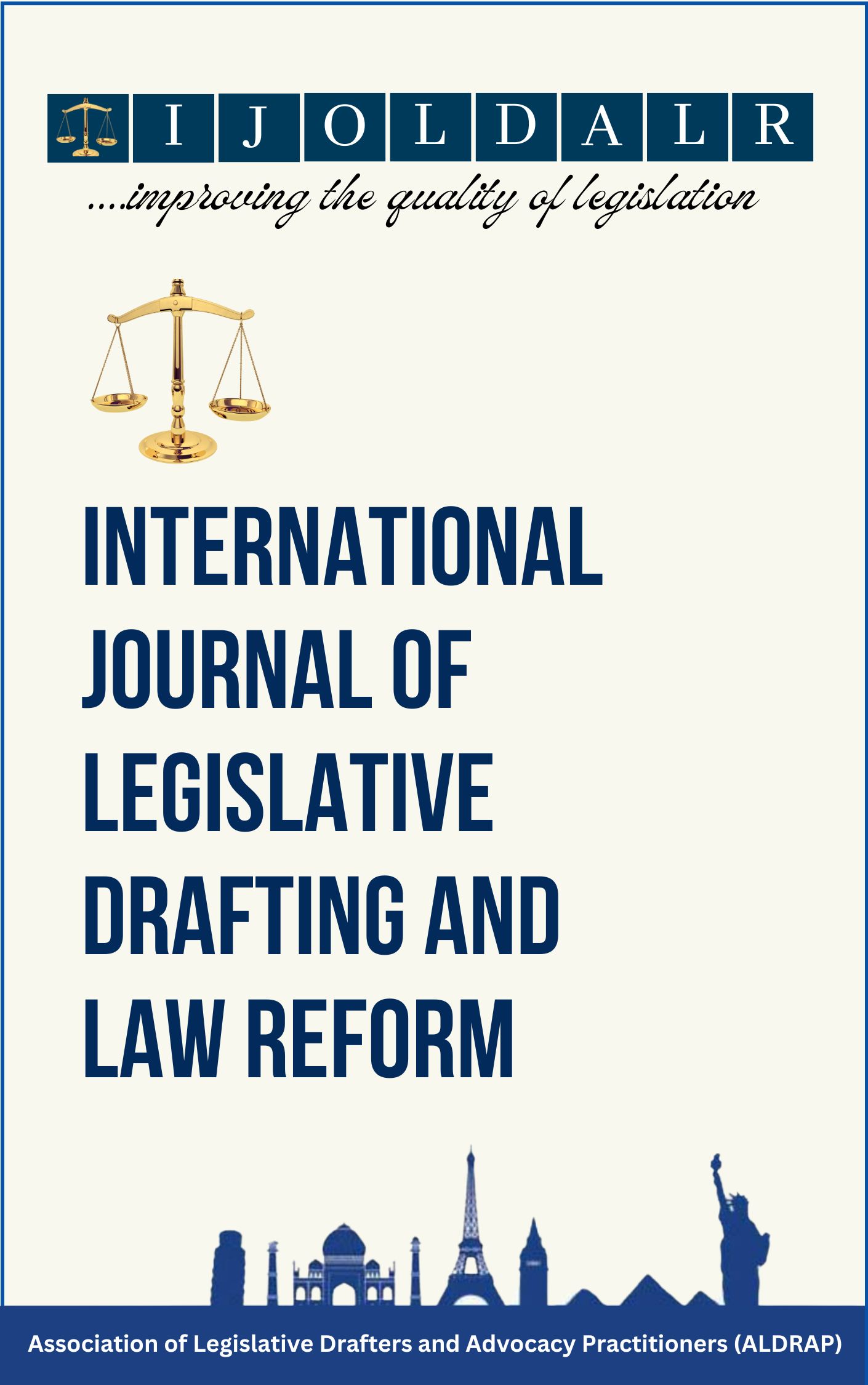Abstract
Brazil has a civil law system, which was inheritedfrom the Portuguese. It is a federative republic and its legislation is enacted primarily by the federal Union, but also by its 26 member-states, Federal District, and over 5500 municipalities. The National Congress is bicameral and composed of the Chamber of Deputies (lower house) and the Federal Senate (upper house).
From 1964 to 1985, Brazil experienced its longestmilitary dictatorship. In 1988, a new Constitution passed in the transition to democracy - the 7th since the Independence, in 1822. It is nicknamed the “Citizen Constitution”, for it frequently quotes the word “rights” and less the word “duties”. It is one of the longest and most detailed constitutions in the worldwith circa 250 articles. The drafters got the inspiration from the Portuguese and Italian constitutions. It is considered a rigid constitution because it has limitation clauses on amendments – but somehow there have been 69 amendments so far.



 National Library of Nigeria
National Library of Nigeria.jpg) Association of Nigerian Authors
Association of Nigerian Authors Nigerian Library Association
Nigerian Library Association EagleScan
EagleScan Crossref
Crossref